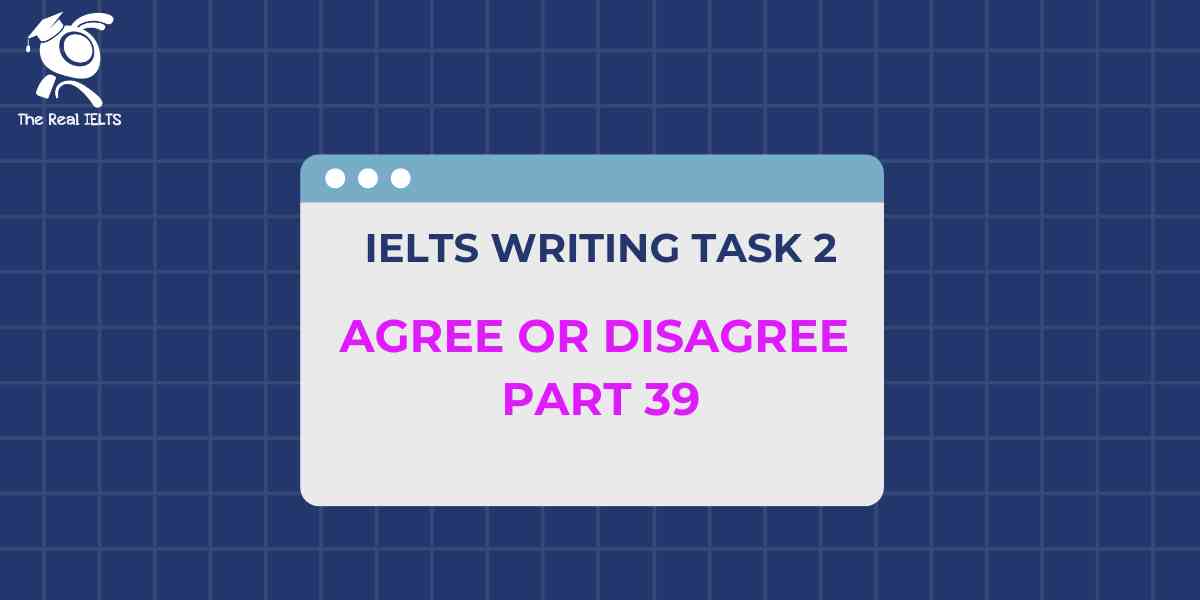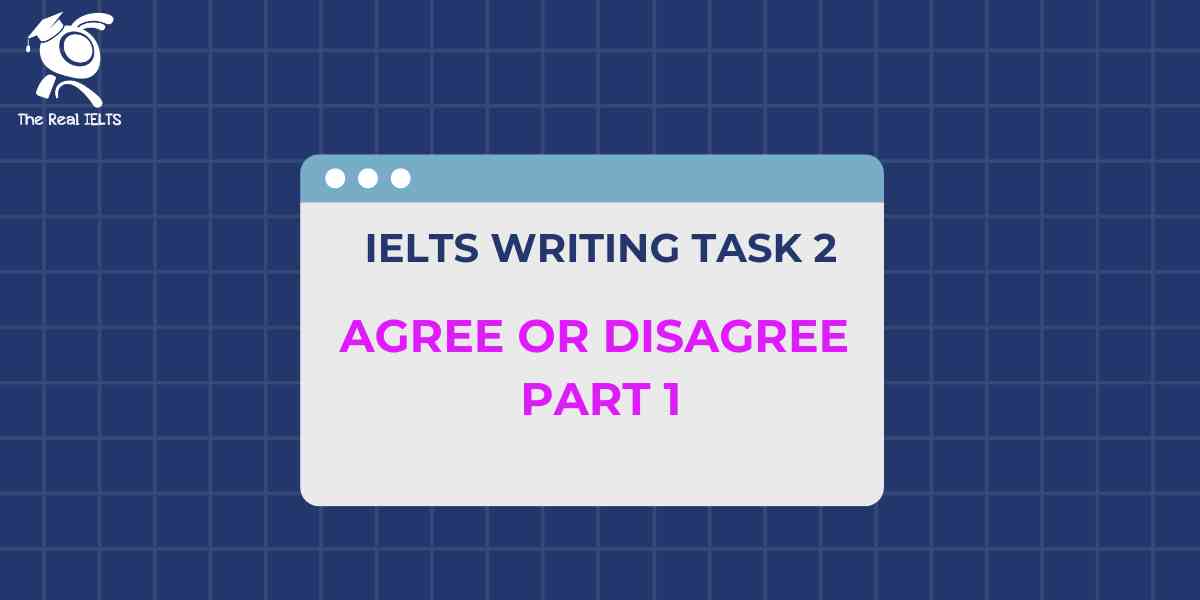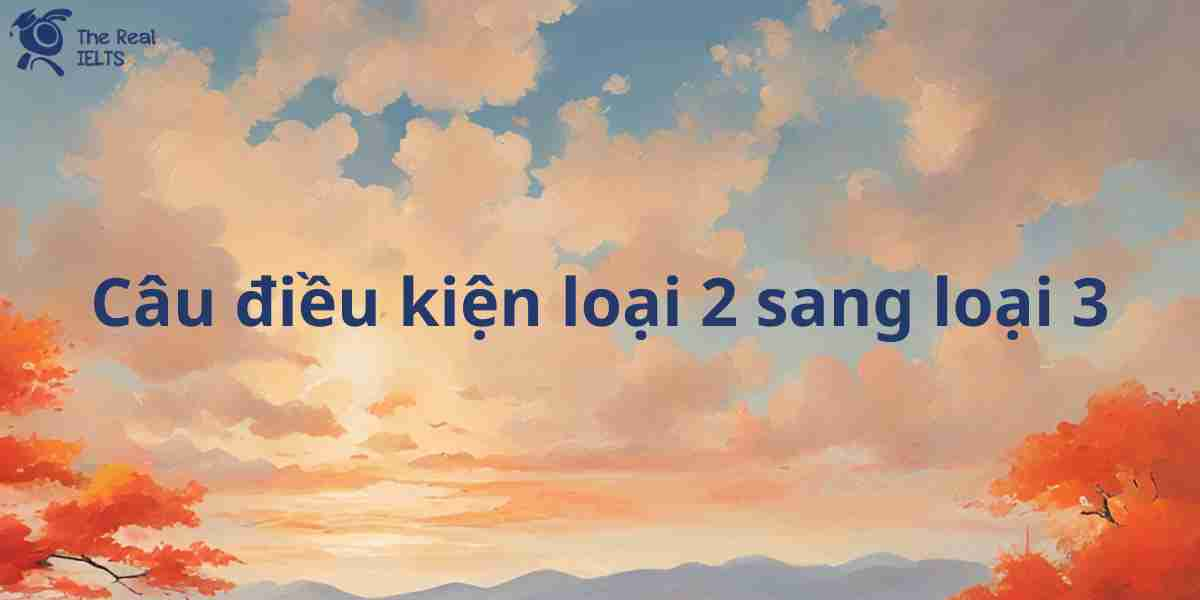Luyện tập IELTS Reading ngày 14 có chủ đề: The History and Significance of the Olympic Games. Bài này thuộc chuỗi IELTS Reading: 30 chủ đề luyện tập. Mỗi bài này luyện tập khoảng 30 phút.
Học lại bài cũ: IELTS READING Day 13: The Influence of Social Media on Modern Politics.
Đọc bài IELTS Reading và trả lời câu hỏi ở bên dưới
The Olympic Games, a global sporting event held every four years, have roots that trace back over two millennia. The ancient Olympics were first recorded in 776 BC in Olympia, Greece. Initially, these games were part of a religious festival honoring Zeus, the king of the Greek gods. Athletes from various Greek city-states competed in events such as running, wrestling, and chariot racing. The games were not only a showcase of athletic ability but also a symbol of unity among the often-warring Greek states.
The ancient Olympic Games continued for nearly 1,200 years until they were abolished by the Roman Emperor Theodosius I in AD 393, as part of his efforts to promote Christianity and eliminate pagan practices. However, the legacy of the ancient games endured, and in the late 19th century, a French educator named Pierre de Coubertin sought to revive the tradition. His vision led to the establishment of the modern Olympic Games, with the first being held in Athens in 1896.
The modern Olympics have grown into the largest sporting event in the world, featuring thousands of athletes from nearly every nation. The Games are divided into Summer and Winter editions, held alternately every two years. Over time, the Olympics have come to symbolize not only athletic excellence but also international cooperation, peace, and cultural exchange.
One of the most significant changes in the modern Olympics has been the inclusion of female athletes. Women were not allowed to participate in the ancient Games, but in 1900, 22 women competed in five events in the Paris Olympics. Since then, the number of female participants has increased significantly, and gender equality in sports has become a central theme of the Games.
Despite the positive aspects of the Olympics, the event has also faced controversies, including political boycotts, doping scandals, and concerns over the environmental and economic impact of hosting the Games. However, the Olympic movement continues to promote its core values: excellence, friendship, and respect. Today, the Olympic Games serve not only as a stage for remarkable athletic achievements but also as a platform for addressing global issues and fostering a sense of global community.
Từ vựng
- Olympic Games – Thế vận hội Olympic
- global sporting event – sự kiện thể thao toàn cầu
- roots – nguồn gốc
- trace back – truy ngược, bắt nguồn từ
- religious festival – lễ hội tôn giáo
- honoring – tôn vinh
- athletes – vận động viên
- Greek city-states – các thành bang Hy Lạp
- showcase – thể hiện, phô diễn
- unity – sự đoàn kết
- abolished – bị bãi bỏ
- Roman Emperor – Hoàng đế La Mã
- legacy – di sản
- educator – nhà giáo dục
- revive – phục hồi
- modern Olympic Games – Thế vận hội Olympic hiện đại
- international cooperation – hợp tác quốc tế
- peace – hòa bình
- cultural exchange – trao đổi văn hóa
- inclusion – sự tham gia, bao gồm
- gender equality – bình đẳng giới
- participants – người tham gia
- political boycotts – tẩy chay chính trị
- doping scandals – các vụ bê bối doping
- environmental impact – tác động môi trường
- economic impact – tác động kinh tế
- excellence – sự xuất sắc
- friendship – tình hữu nghị
- respect – sự tôn trọng
- global community – cộng đồng toàn cầu
Câu hỏi IELTS Reading The History and Significance of the Olympic Games
Question 1: Matching headings Match each paragraph with the correct heading.
i. The Revival of the Olympic Games
ii. The Challenges Facing the Modern Olympics
iii. The Origins of the Ancient Olympic Games
iv. The Evolution of Gender Equality in the Olympics
v. The Importance of the Olympic Movement
- Paragraph 1: _____
- Paragraph 2: _____
- Paragraph 3: _____
- Paragraph 4: _____
- Paragraph 5: _____
Question 2: True/False/Not Given
Do the following statements agree with the information given in the passage?
- The first Olympic Games were held in honor of Zeus.
- Emperor Theodosius banned the Olympic Games due to their violent nature.
- The modern Olympics started in Paris in 1900.
- Gender equality has been a part of the Olympic movement since the first modern Games.
- The Olympic Games have been used to address global issues.
Question 3: Short Answer Questions
Answer the following questions based on the passage.
- In which year were the ancient Olympic Games abolished?
- Who was responsible for reviving the Olympic Games in the modern era?
- What are the three core values promoted by the modern Olympic movement?
Đáp án IELTS Reading The History and Significance of the Olympic Games
Question 1: Matching headings
- Paragraph 1: iii. The Origins of the Ancient Olympic Games
- Paragraph 2: i. The Revival of the Olympic Games
- Paragraph 3: v. The Importance of the Olympic Movement
- Paragraph 4: iv. The Evolution of Gender Equality in the Olympics
- Paragraph 5: ii. The Challenges Facing the Modern Olympics
Question 2: True/False/Not Given
- True – The first Olympic Games were held in honor of Zeus (as mentioned in paragraph 1).
- False – Emperor Theodosius banned the Olympic Games as part of his efforts to promote Christianity, not because of their violent nature.
- False – The modern Olympics started in Athens in 1896, not in Paris in 1900.
- False – Gender equality was not a part of the Olympic movement since the first modern Games; women only began competing in 1900.
- True – The Olympic Games have been used to address global issues, as stated in the final paragraph.
Question 3: Short Answer Questions
- In which year were the ancient Olympic Games abolished?
AD 393 - Who was responsible for reviving the Olympic Games in the modern era?
Pierre de Coubertin - What are the three core values promoted by the modern Olympic movement?
Excellence, friendship, and respect















